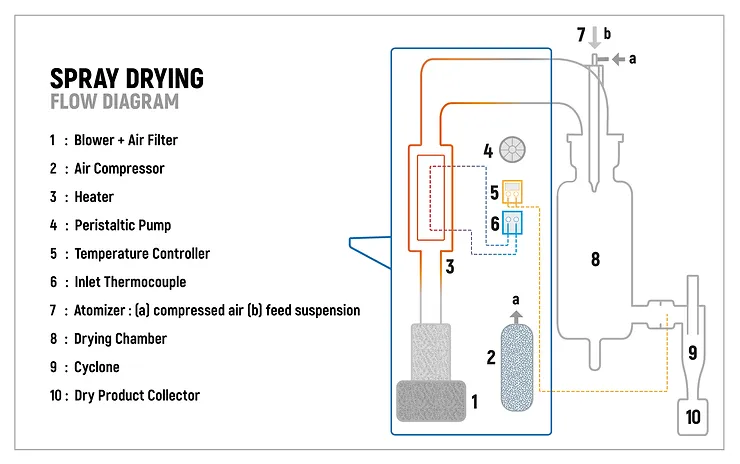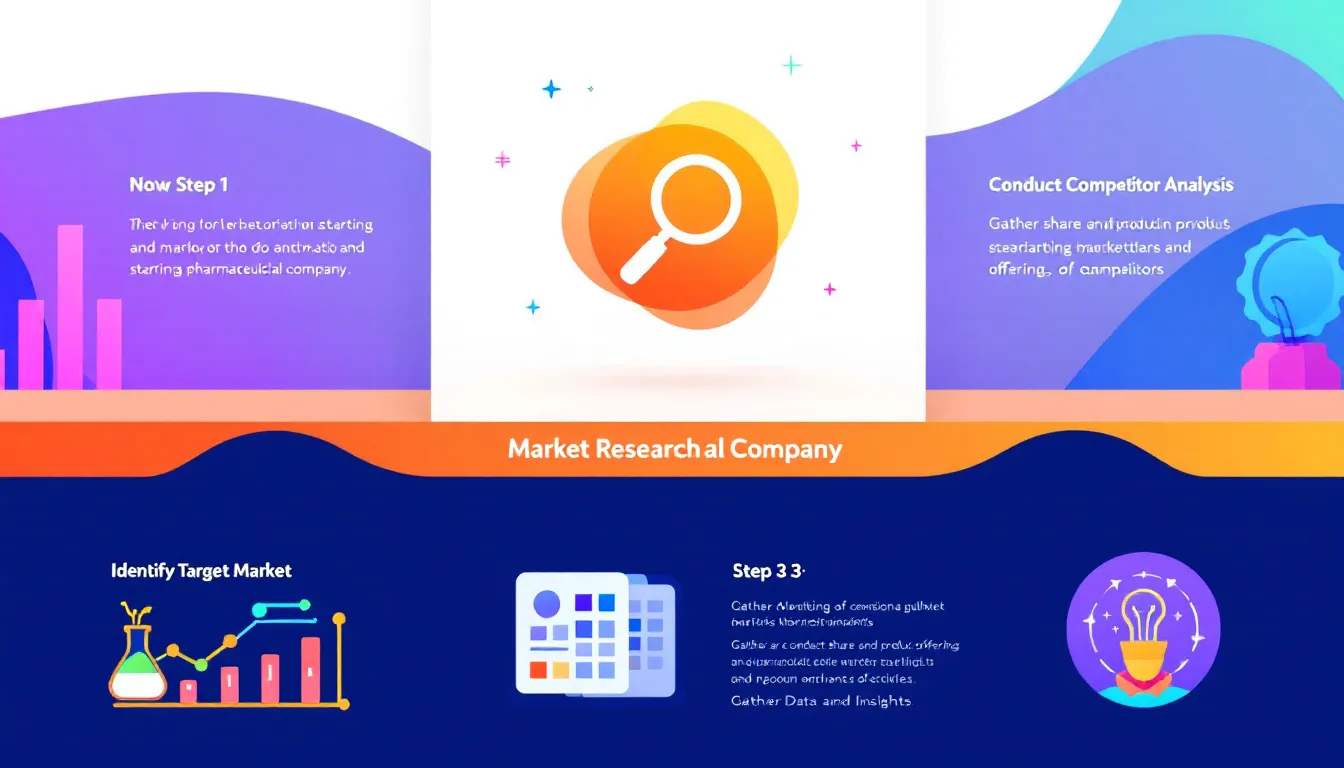In the pharmaceutical industry, two common methods for drying products are freeze-drying and spray-drying. These methods remove water from products like medicines and vaccines, making them last longer and easier to store.
But how do they work? And which one is better for different types of products?
Let’s explore the differences between freeze-drying and spray-drying, looking at the pros and cons of each process.

Looking for a lyophilization machine?
What is freeze-drying? Freeze-drying is a popular method in the pharmaceutical industry. It helps preserve sensitive products by removing water while keeping the product intact. This method is used for many important medicines and vaccines.

Freeze-drying is great for preserving the quality of the product. It keeps the original structure, flavor, and nutrients. This makes it perfect for products like vaccines that need to remain effective for long periods.
Freeze-drying is used for vaccines, proteins, and other biological products. It’s also used in the food industry to preserve fruits, vegetables, and meat without losing flavor.
One of the best things about freeze-drying is how it helps maintain stability. Since most of the moisture is removed, the product can be stored for a long time without refrigeration. This is important for medicines that need to be kept safe and effective.
Freeze-drying takes time. It is a slower process compared to spray drying, which can make it less suitable for producing large amounts of product quickly. However, it’s still the go-to choice when the product must stay stable and maintain its quality.
Freeze-drying can be expensive. The equipment is costly, and it requires more time and energy to complete. This means it may not be the best choice if you need to produce a lot of products quickly or on a tight budget.
Freeze-drying is slow. The product is frozen first, and then water is removed over a long period. This makes it harder to scale up production compared to faster methods like spray drying.
Freeze-dried products usually come in a solid form, such as a powder. After drying, the product can be reconstituted by adding liquid. This is helpful for vaccines and medicines that need to be mixed before use.
What is spray drying? Spray drying is another drying method used in the pharmaceutical industry. It works by spraying a liquid product into a hot air chamber, where the water quickly evaporates, leaving behind a dry powder.

Spray drying is faster than freeze-drying. It can process a larger volume of products at one time. This makes it a good option when speed is important, or when you need to produce large quantities.
Spray drying is often used to make powders for inhalers, capsules, and tablets. It is also used in the food industry to make powdered milk, coffee, and other products.
Spray drying is good for many products, but it doesn’t preserve the product as well as freeze-drying. Some delicate products, like proteins, might lose their effectiveness when spray-dried. However, for many bulk products, spray drying works very well to keep them stable.
Spray drying is much faster than freeze-drying. It can handle larger quantities of product at once, which makes it better for large-scale production. Spray drying is ideal when you need to produce a lot of products quickly and efficiently.
Spray drying is less expensive than freeze-drying. The equipment is simpler, and the process is faster, so it costs less to operate. This makes spray drying a good option for products that don’t need the high level of preservation that freeze-drying provides.
Spray drying is fast. The liquid product is sprayed into hot air, and the water evaporates quickly. This makes spray drying an ideal choice for fast production cycles.
Spray-dried products are often in the form of fine powders. These powders can be used to make tablets, capsules, or other forms of medicine. Unlike freeze-drying, spray drying doesn’t usually require reconstitution with liquid.
| Factor | Freeze-Drying | Spray Drying |
| Key Benefits | Preserves product quality, ideal for sensitive items | Faster and more cost-effective for bulk production |
| Typical Applications | Vaccines, proteins, biologics, food preservation | Inhalers, capsules, tablets, powdered food |
| Product Stability | Excellent, maintains integrity for long-term storage | Good, but may not preserve delicate products as well |
| Process Throughput | Slow, suitable for small batches | Fast, suitable for large-scale production |
| Cost Considerations | Expensive due to equipment and time | Less expensive, quicker process |
| Drying Speed | Slow, can take several hours to days | Fast, drying occurs quickly in minutes |
| Product Format | Powder or solid forms, requires reconstitution | Fine powders, ready for direct use without reconstitution |
| Post-Processing Needs | Typically requires reconstitution with liquid | No reconstitution required, ready for use |
Both freeze-drying and spray-drying are useful methods in the pharmaceutical industry. Freeze-drying is better for preserving sensitive products like vaccines and biologics. It helps maintain the product’s quality over time, but it is slower and more expensive.
Spray drying, on the other hand, is faster and more cost-effective. It’s better for producing large quantities of products, especially when speed and cost are important. However, it may not be the best choice for sensitive products that require careful preservation.
If you need reliable equipment for freeze-drying or spray-drying, Canaan offers high-quality solutions. Our equipment ensures that your products are preserved properly while maintaining efficiency in the production process.
Visit our website or contact us to learn more!




Pharmaceutical third party manufacturing is when companies outsource product production to specialized firms. This practice enables companies to focus on research and development. In this guide, we’ll cover the benefits, processes, and considerations of third party manufacturing. Key Takeaways Understanding Pharmaceutical Third Party Manufacturing Pharmaceutical third party manufacturing is a service where a company hires […]

Pharma discovery is crucial for finding new treatments for diseases. This process starts with identifying drug targets and ends with getting safe, effective drugs to market. In this article, we explain each stage of pharma discovery and highlight the innovations transforming this field today. Key Takeaways The drug discovery process is complex and entails multiple […]

If you want to know how do you start a pharmaceutical company, it involves conducting market research, developing a business plan, securing funding, and navigating regulatory requirements. This guide will cover these important steps and more to help you launch and grow a successful pharmaceutical business. Key Takeaways Conduct Comprehensive Market Research Starting a pharmaceutical […]